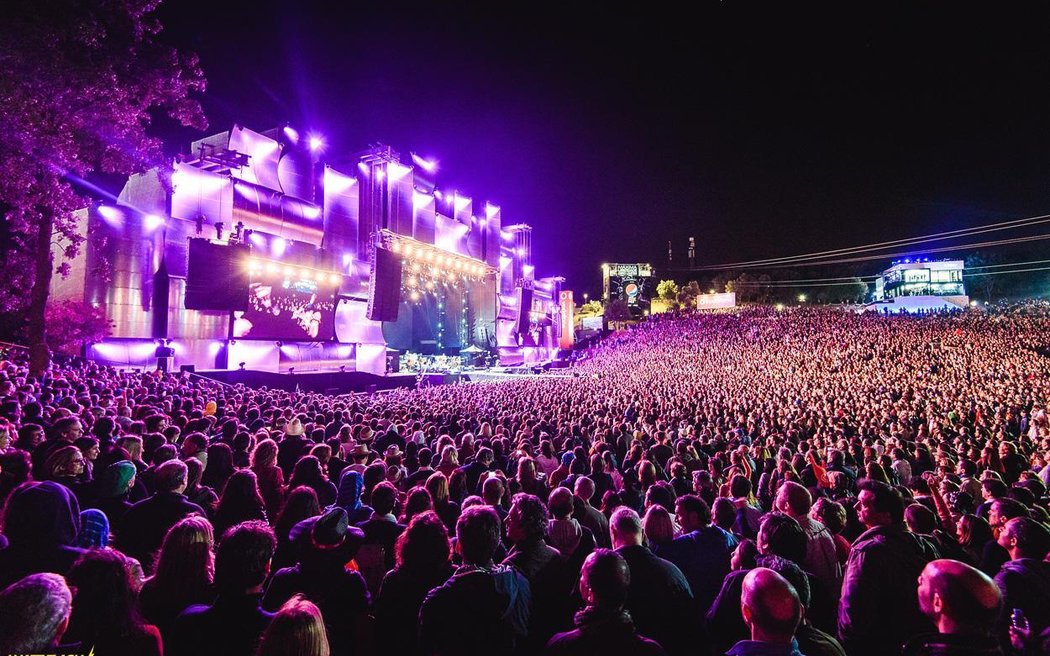For the next two weekends, Rio de Janeiro is set to become the world’s music capital, as artists and fans from around the world gather to celebrate another edition of Rock in Rio, Brazil’s most famous festival. As usual, the Brazilian crowd is set to be a force of its own—with the power to leave the greatest artists breathless or make regimes tremble, depending on the mood.
But, as Rock in Rio grew to become more of a lifestyle experience than a music festival, political demos have been in the background. For 2019, social media debates are focused on the representativity seen on stage—as this edition is featuring a bigger number of black artists, but has the lowest number of female acts since 1985—and the gentrification of the music festival.
A new attraction, called the “Favela Stage,” aims to reveal talents from poor communities in Rio de Janeiro but has been criticized as being a caricature of life in Rio’s slums. Excessive prices within the event also serve to exclude the poor.
The pioneers
Way before social media debates become the largest platform for political debate, history shows that music festivals used to take that role. In the 1960s, top festivals were sponsored by TV broadcasters; the national reach turned then into the major stage for cultural vanguards such as Tropicália, as well as a source of political resistance and mobilization against a dictatorial regime.
Inspired by the San Remo festival, the...


 Search
Search






































